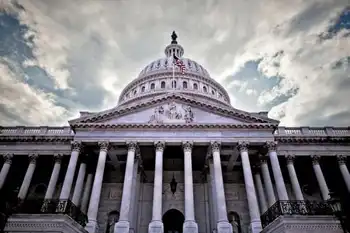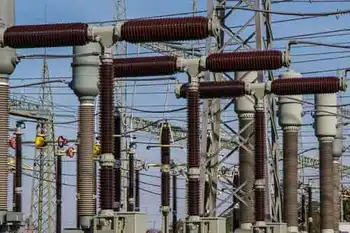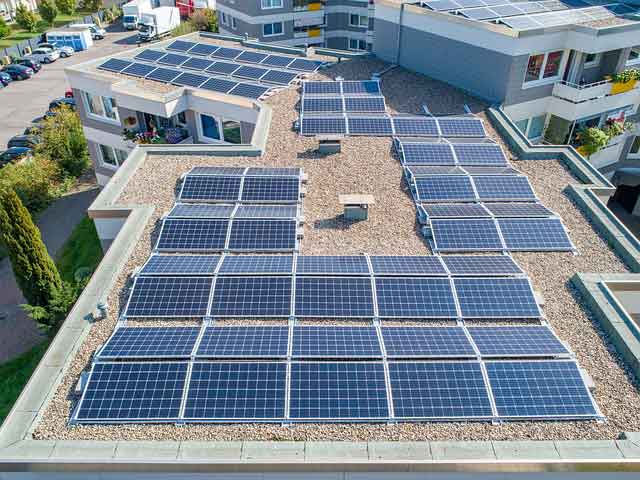Keep renewable incentives: Canadian Solar
Known as feed-in tariffs and introduced in April last year, the incentives guarantee above-market rates for power produced from a range of renewable energy, including solar.
“We expect to have our feet on the ground there this year,” said Gregory Spanoudakis, who runs Canadian Solar’s European operations.
“The UK has taken the right approach as long as they don’t start fiddling.”
Britain saw a record volume of solar installations in 2010, as companies took advantage of the GovernmentÂ’s move.
The trend is set to continue this year. Conergy, a German solar-panel maker and installer, announced plans to open an operation in the UK. However, the industry has been unsettled by the CoalitionÂ’s plan to review the scale of the incentives if solar installations beat initial targets.
The generosity of the incentives partly depends on whether the solar panels are installed on old or new buildings.
While the incentives are not designed to be permanent, industry observers say that it is critical to keep the confidence of those who have or are considering entering the market.
“Until April last year there was essentially very little solar activity in the UK,” said Daniel Guttmann, who is director of renewables at PricewaterhouseCoopers. “Investors don’t want constantly changing decisions.”
Despite the installation of solar panels with the capacity to generate more than 42MW of electricity last year, the UKÂ’s industry is dwarfed by Germany. Last year installations in Germany, the most developed market in the world, are estimated to have been up to 8,000MW.
Critics of the industry argue that the need for such incentives raises doubts over the economics of solar power in the UK. Solar energy produced from photovoltaic panels only represents about 0.3pc of the UKÂ’s renewable energy.
But despite the unease over possible changes to the incentives, those that have entered say theyÂ’re convinced of the potential of the market here.
“There’s been quite a lot of discussion over tariffs,” said Amiram Roth-Deblon, head of business development at German renewables company Juwi. “But I would rank the UK as a class A market.”
Juwi opened an office in Birmingham last November and plans further expansion.
Related News

India Electricity Prices are Spiking
NEW DELHI - Electricity prices in India bolted to a record high of 10.6 cents/kWh (INR5.1/kWh) in Q3.
A jolt in Indian spot electricity prices could save Sembcorp Industries' Indian business from further losses, UOB Kay Hian said.
The firm said spot electricity prices in India bolted to a record high of 10.6 cents/kWh (INR5.1/kWh) in Q3 and even hit a 15-minute peak of 20.7 cents/kWh (9.9/kWh). The spike was due to a power supply crunch on higher electricity demand from power distribution companies.
As an effect, Sembcorp Industries' Sembcorp Gayatri Power Limited's (SGPL) losses of $26m in Q1 and $29m in Q2…





